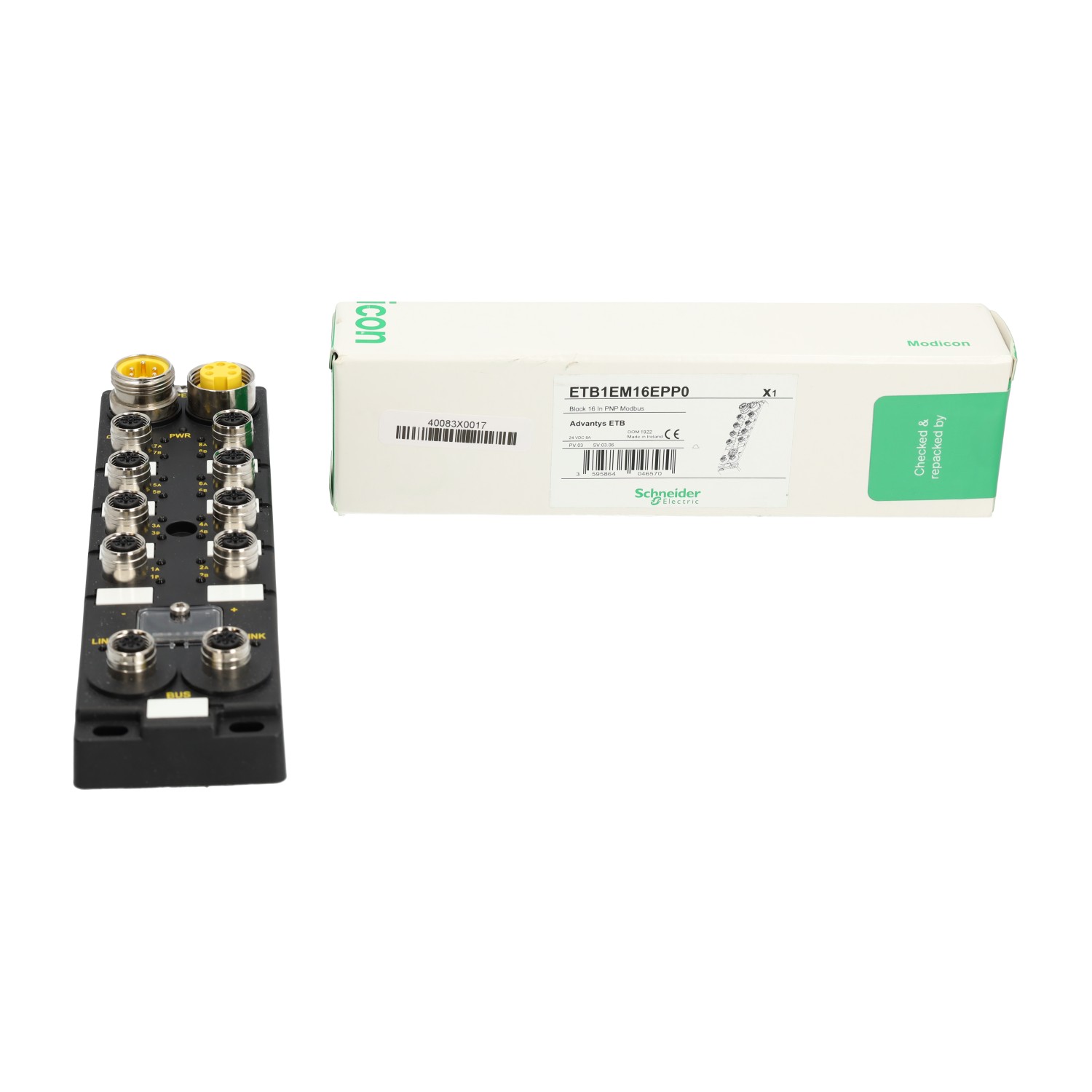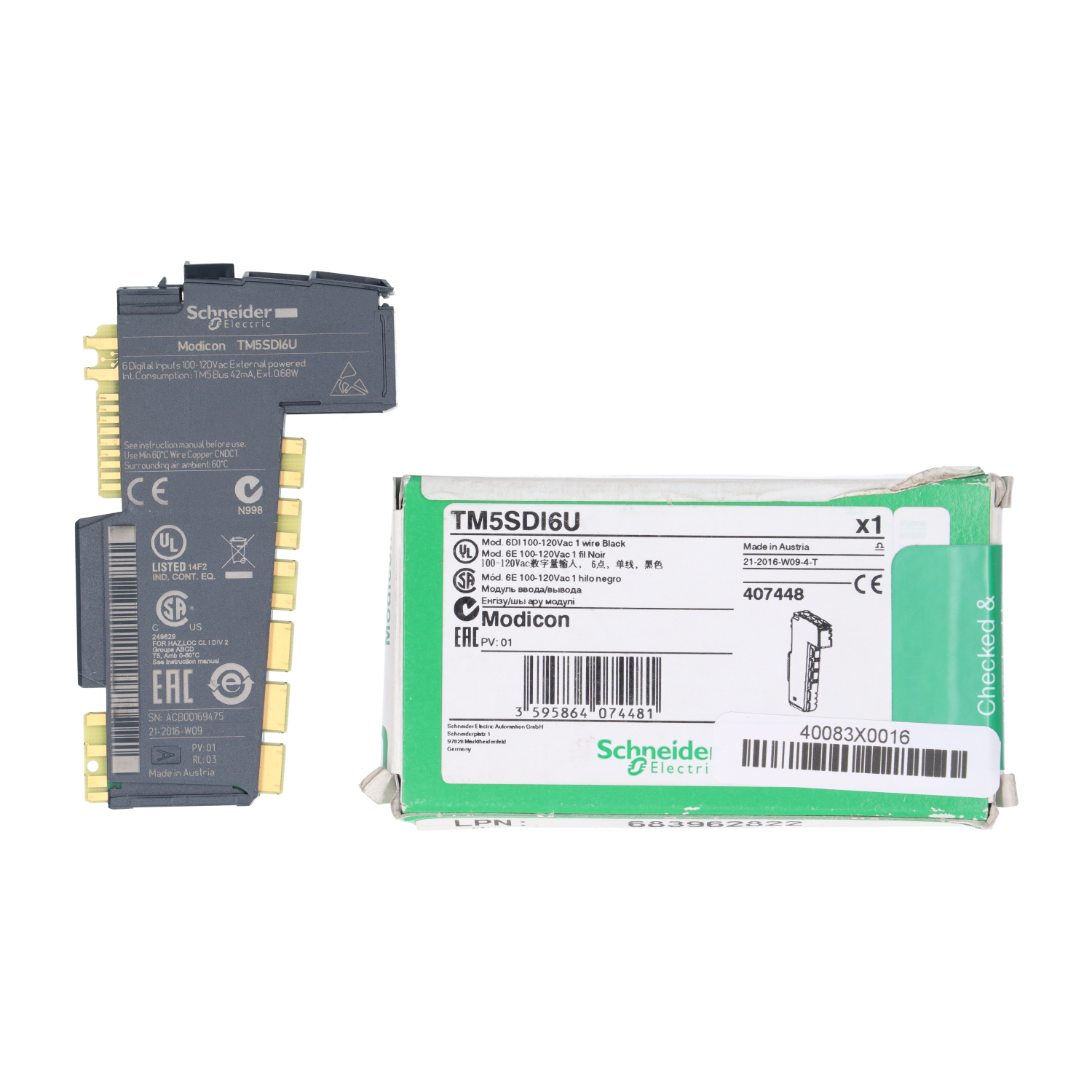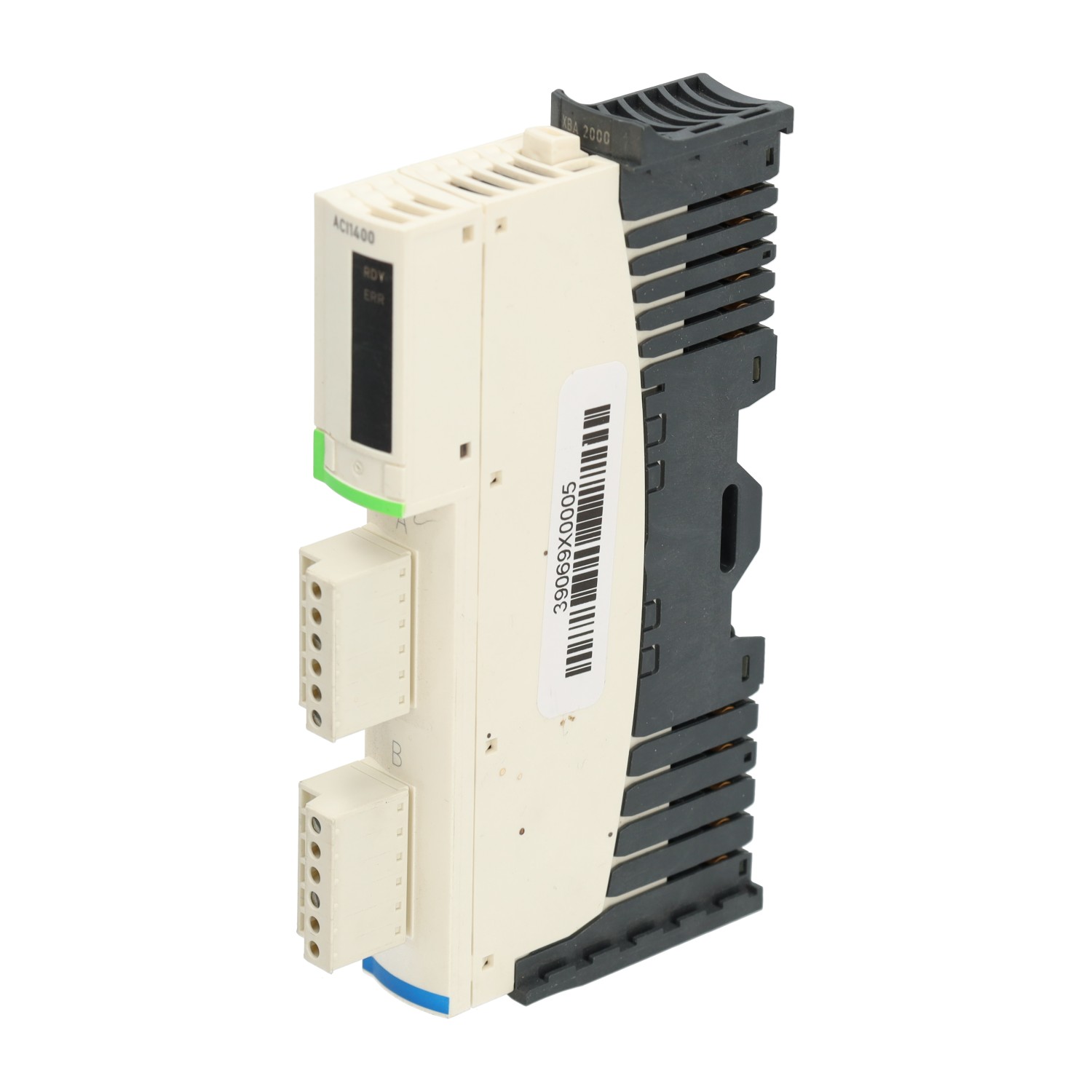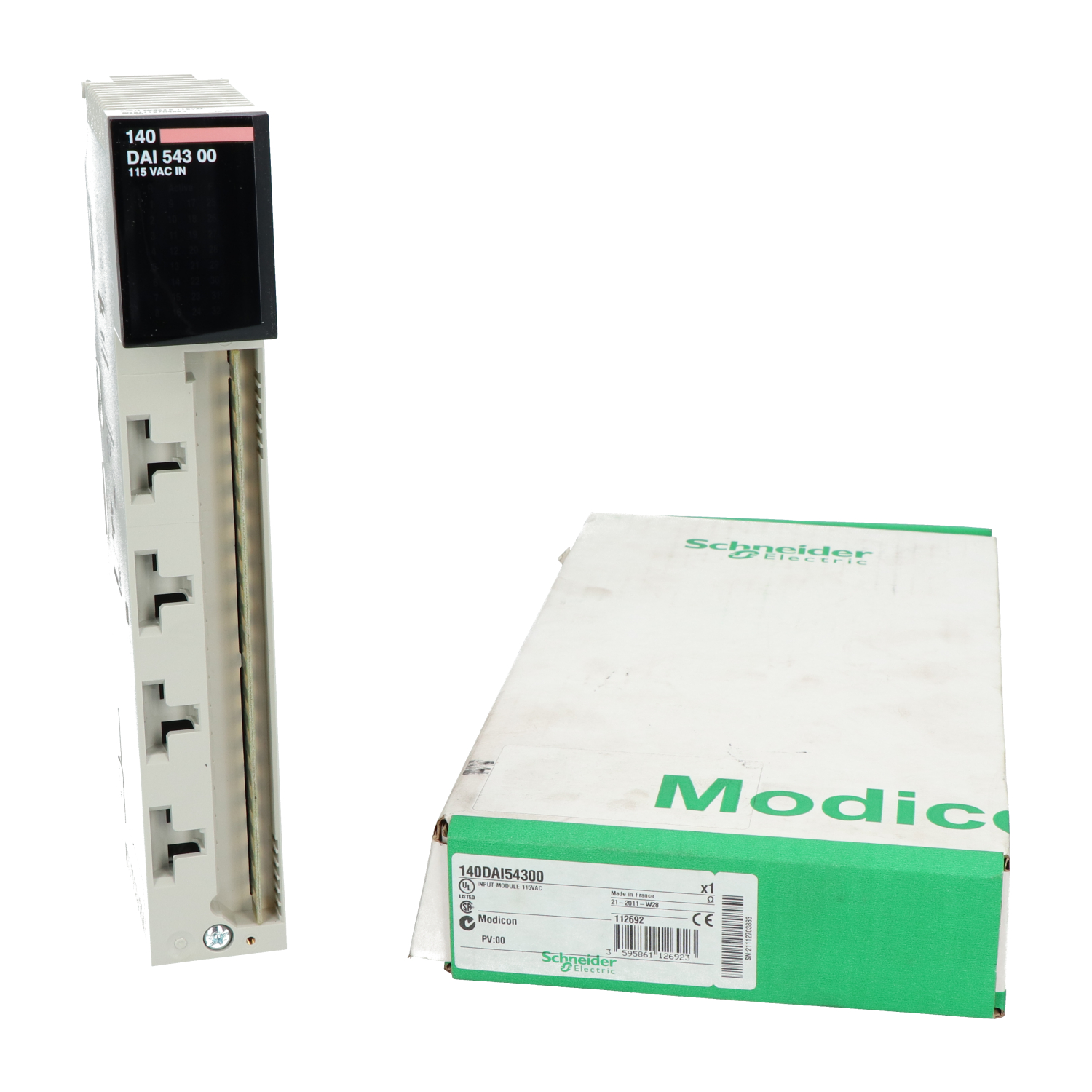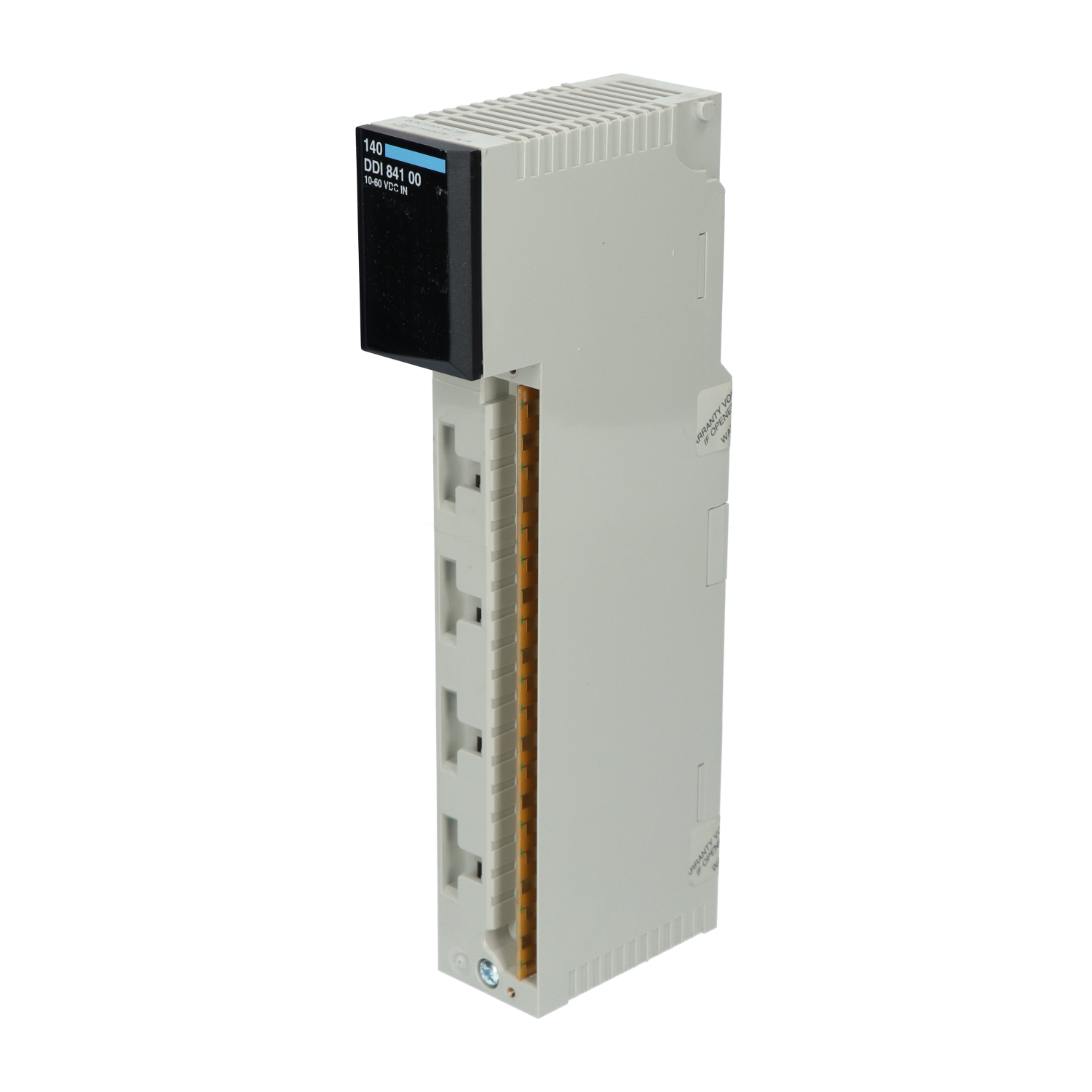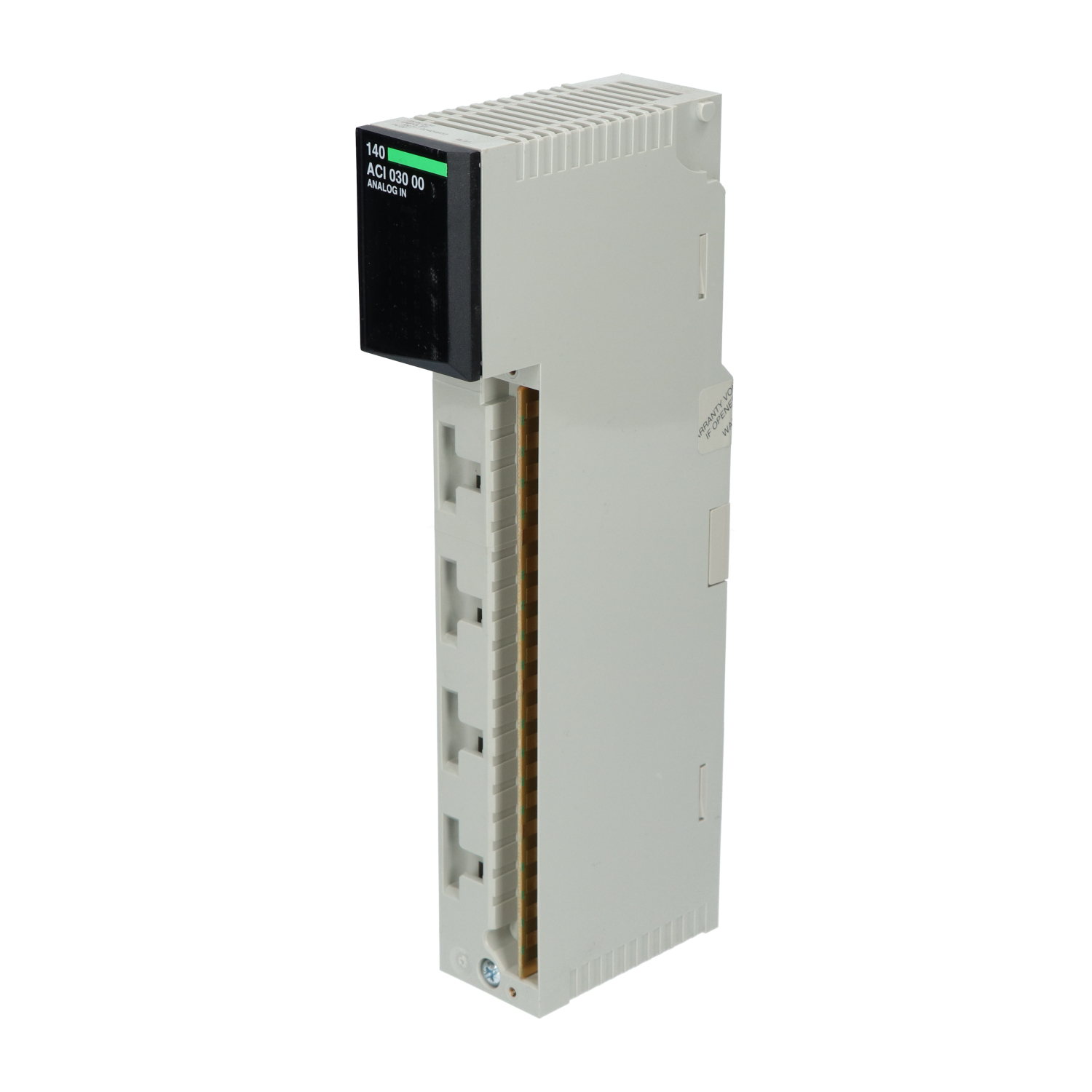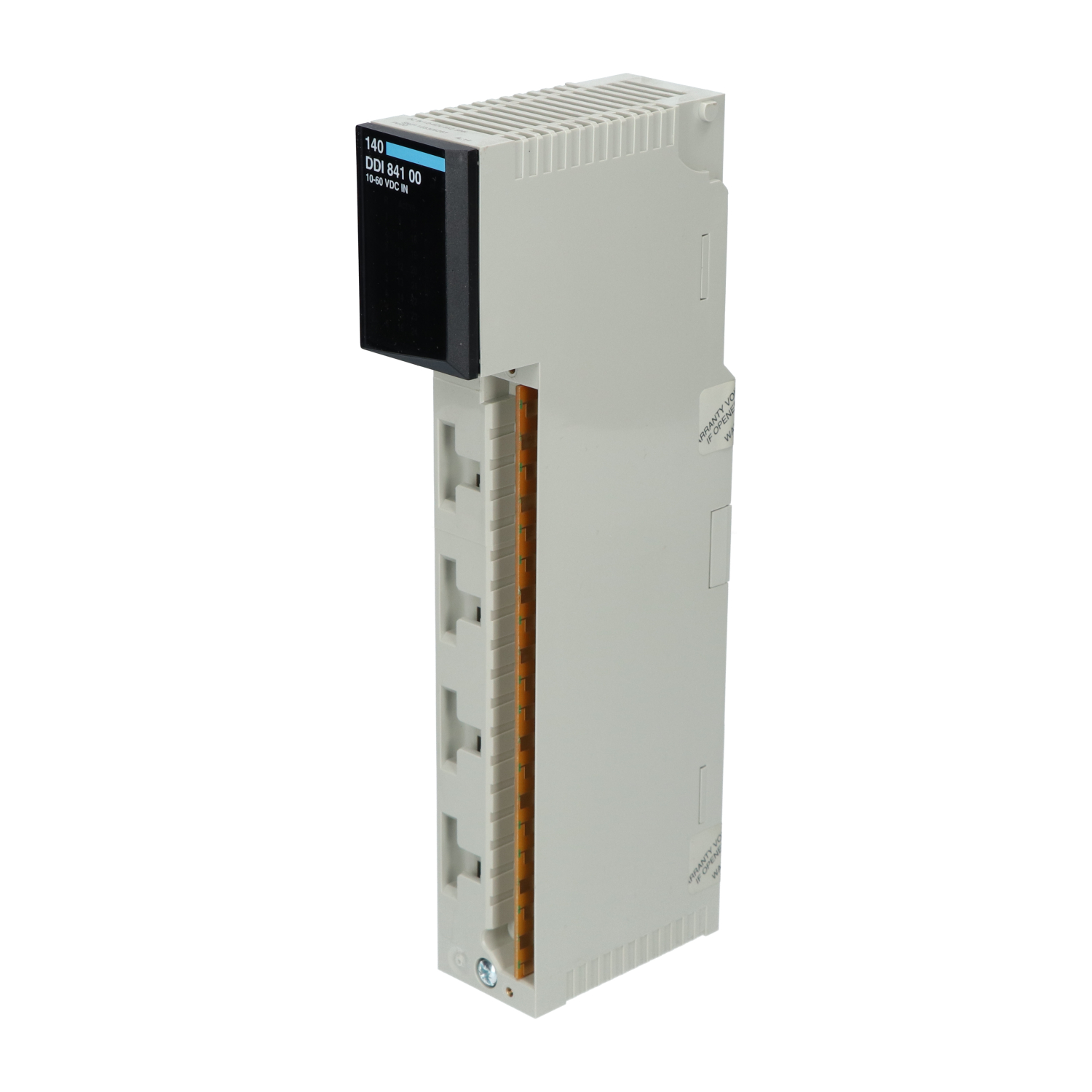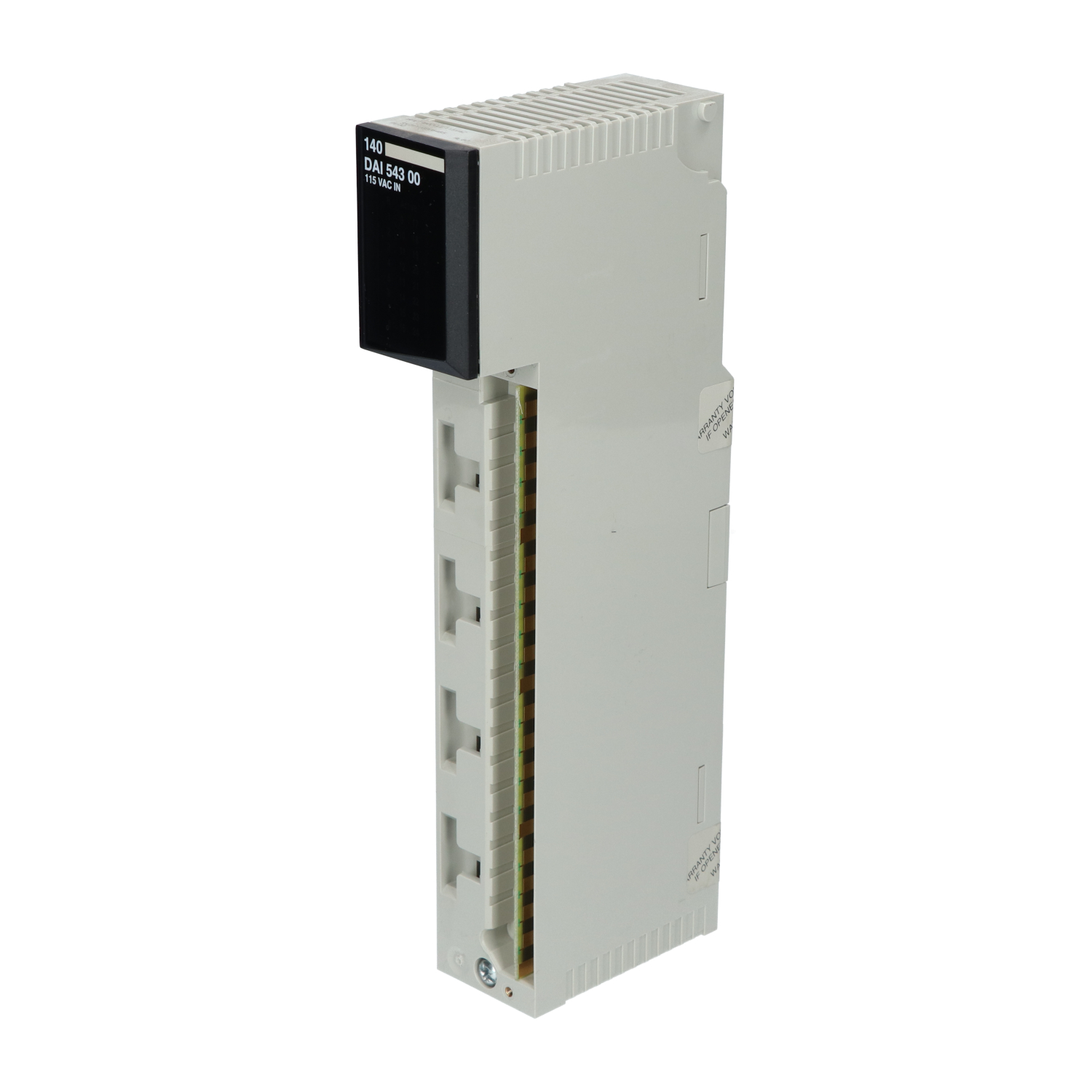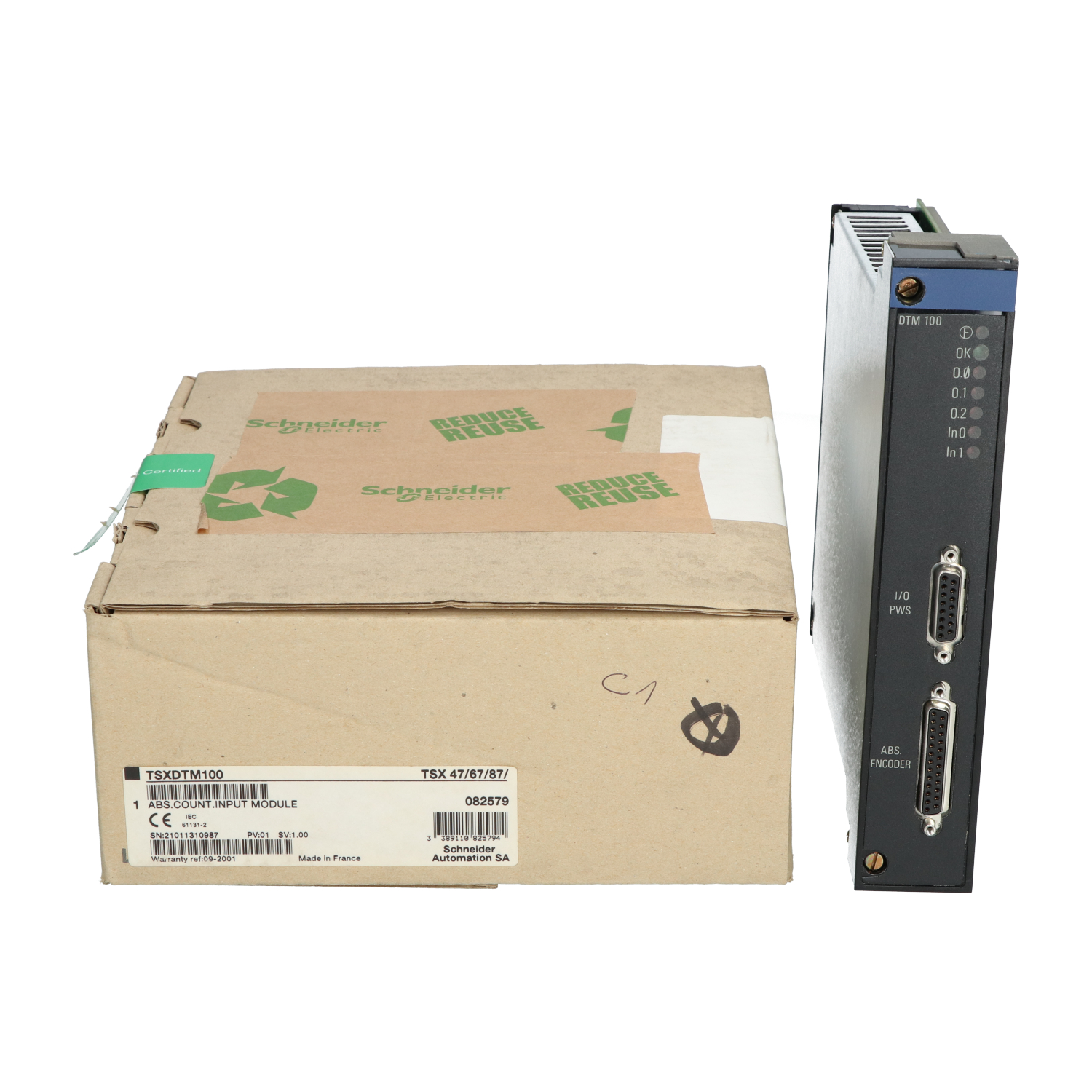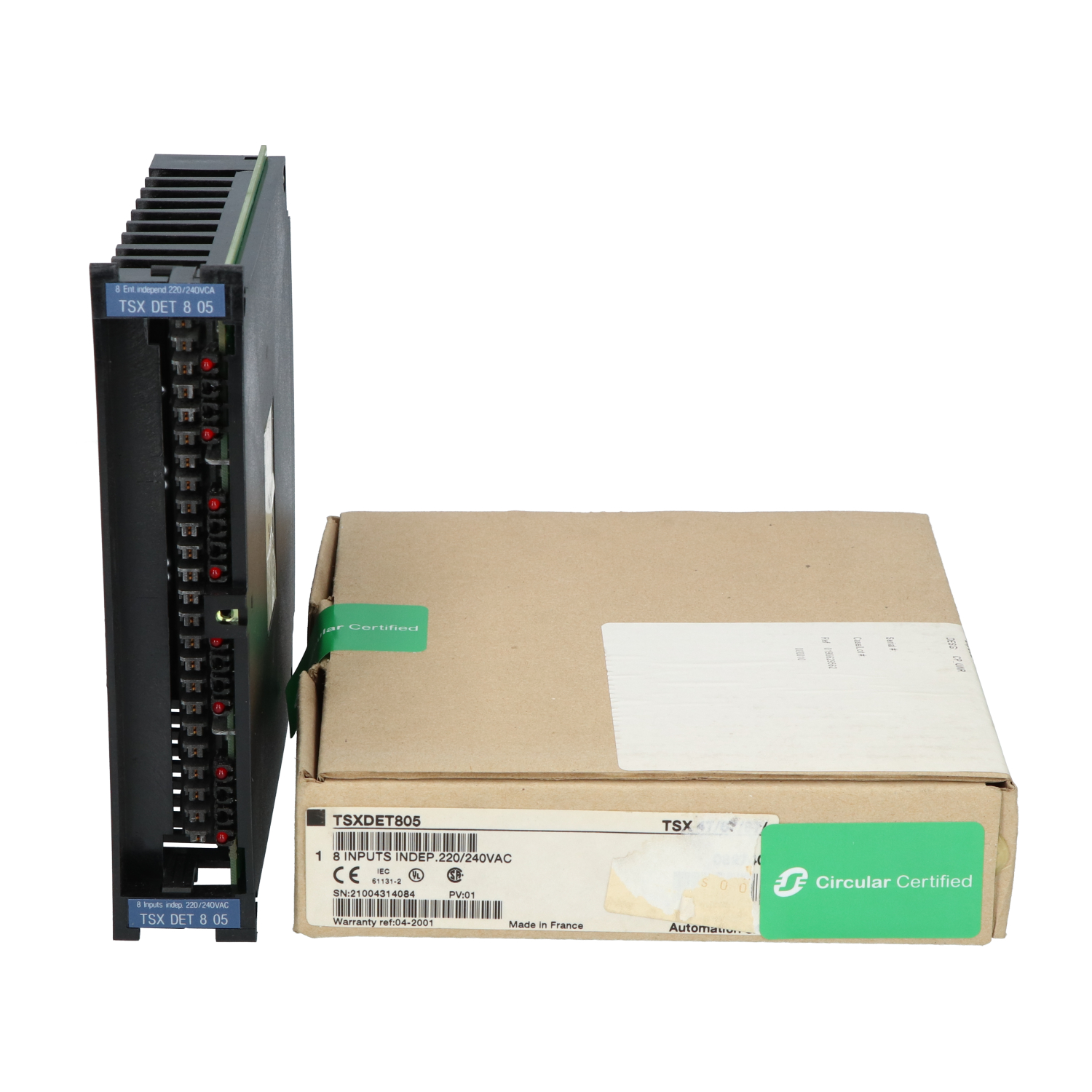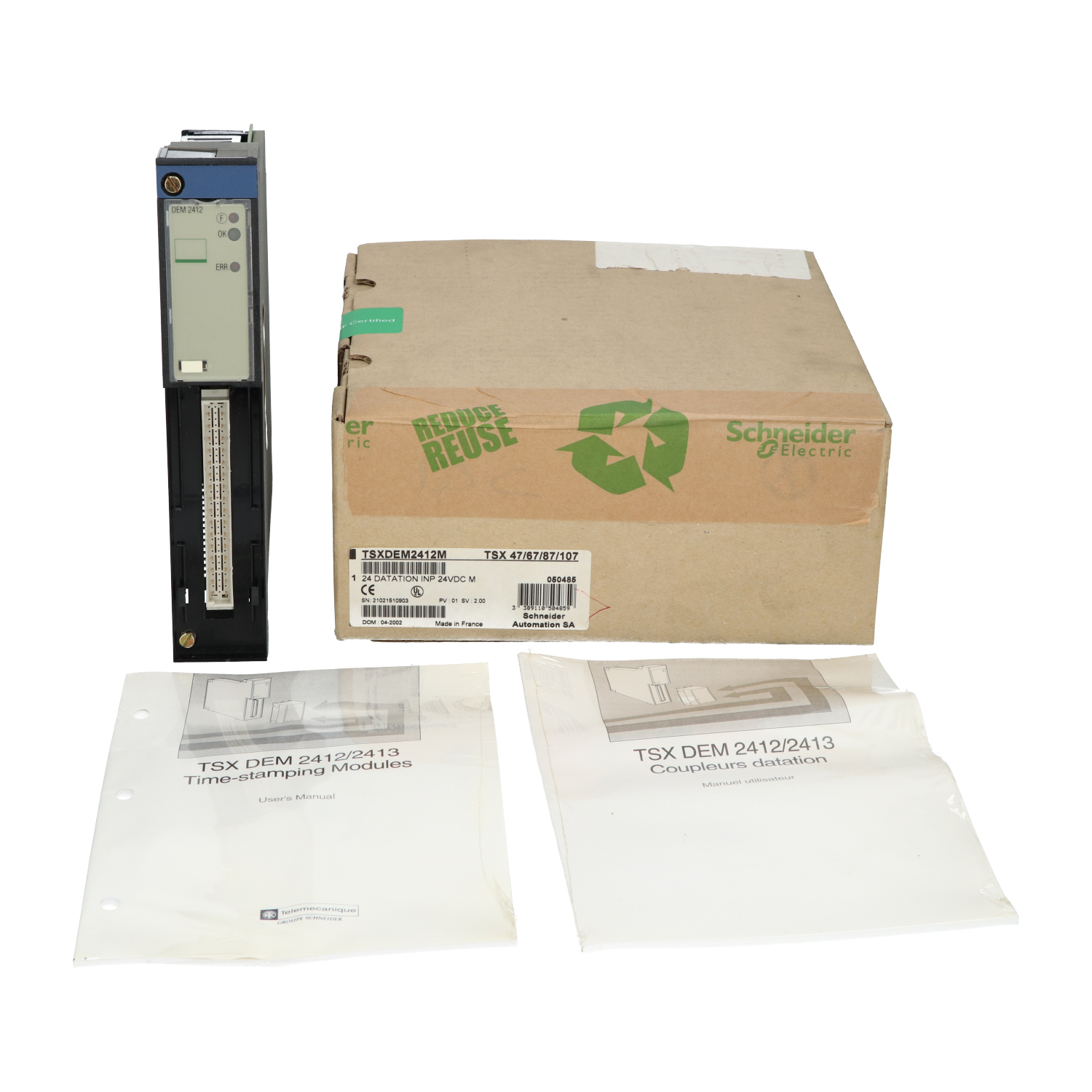Understanding Input Modules and Their Importance in Industrial Automation
In industrial automation, input modules play a critical role in monitoring and controlling processes. These modules are responsible for receiving and processing signals from sensors and other devices and then transmitting that information to the control system. As such, input modules are essential components in any industrial automation system, and selecting the right input module is crucial to ensuring the system operates effectively and efficiently.
At Maxodeals, an online store for electrical components, customers can find a wide range of input modules from top manufacturers, making it easy to find the right module for their specific needs. Here's what you need to know about input modules and their importance in industrial automation.
Input module
What are Input Modules?
Input modules are components that receive and process signals from sensors and other devices in an industrial automation system. They convert the signals into digital information that can be transmitted to the control system. Input modules are responsible for monitoring a wide range of variables, including temperature, pressure, level, flow, and more.
Types of Input Modules
There are several types of input modules available on the market, each with its own specific features and functions. Some common types of input modules include analog input modules, digital input modules, and specialty input modules.
Analog Input Modules
Analog input modules are used to measure and monitor continuous variables, such as temperature, pressure, and flow. They convert the analog signal from the sensor into a digital signal that can be used by the control system. Analog input modules are available with different input ranges and resolutions to match the requirements of specific applications.
Digital Input Modules
Digital input modules are used to monitor the on/off status of devices, such as switches, pushbuttons, and relays. They convert the on/off signal from the device into a digital signal that can be used by the control system. Digital input modules are available with different input voltages and current ratings to match the requirements of specific applications.
Specialty Input Modules
Specialty input modules are used to monitor and control specific types of devices and systems, such as motor control, servo control, and process control. These modules may have specialized features, such as pulse counting, high-speed counting, and quadrature decoding, to provide precise and accurate control.
Factors to Consider When Selecting an Input Module
When selecting an input module, there are several factors to consider to ensure that the module meets the requirements of the specific application. Some of these factors include:
• Input type and range: The input module should be compatible with the type of input signal and range required by the sensors or devices being monitored.
• Resolution and accuracy: The input module should have sufficient resolution and accuracy to provide precise and accurate measurements.
• Speed and response time: The input module should have a fast response time to ensure that it can keep up with the speed of the process being monitored.
• Isolation and noise immunity: The input module should be designed to provide isolation and noise immunity to ensure accurate readings and protect the control system from electrical interference.
• At Maxodeals, customers can find a wide range of input modules from top manufacturers, including Allen-Bradley, Siemens, and Schneider Electric. Their collection includes analog input modules, digital input modules, and specialty input modules, making it easy to find the right module for any industrial automation system.
In conclusion, input modules are essential components in industrial automation systems that help monitor and control processes. They are available in different types and have specific features and functions to meet the requirements of different applications. When selecting an input module, it is crucial to consider factors such as input type and range, resolution and accuracy, speed and response time, and isolation and noise immunity. At Maxodeals, customers can find a wide range of input modules from top manufacturers, ensuring that they can find the right module for their specific

